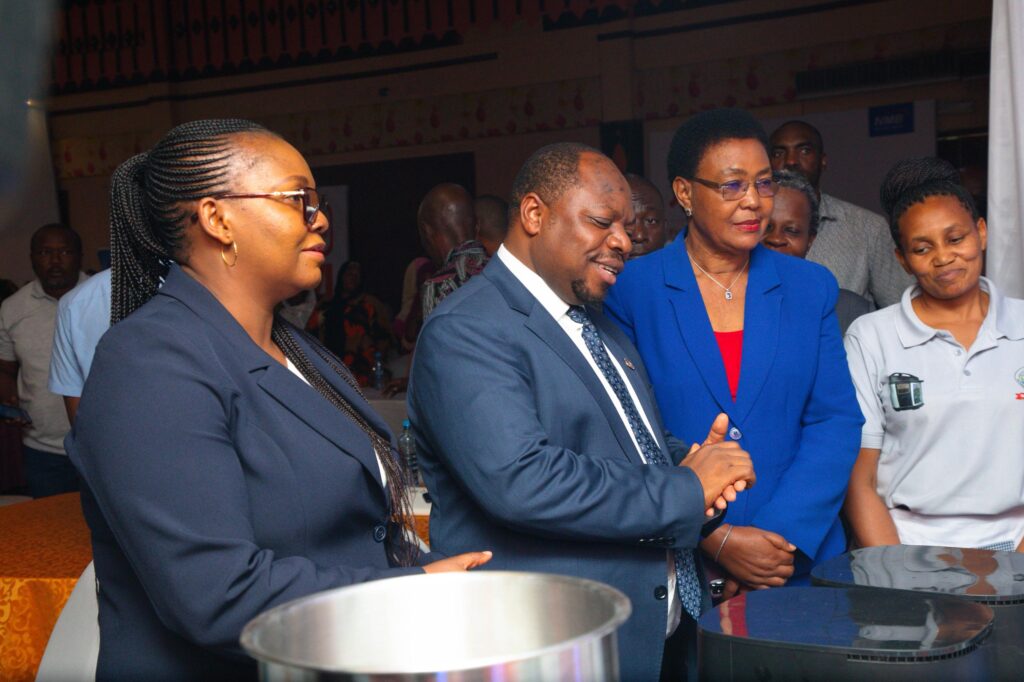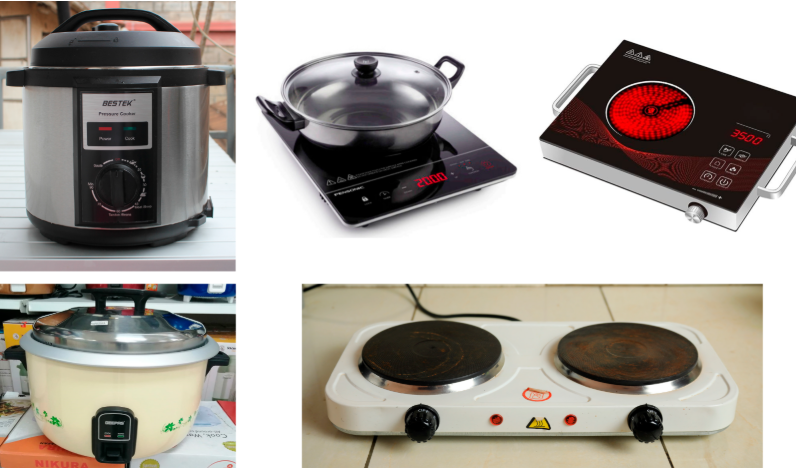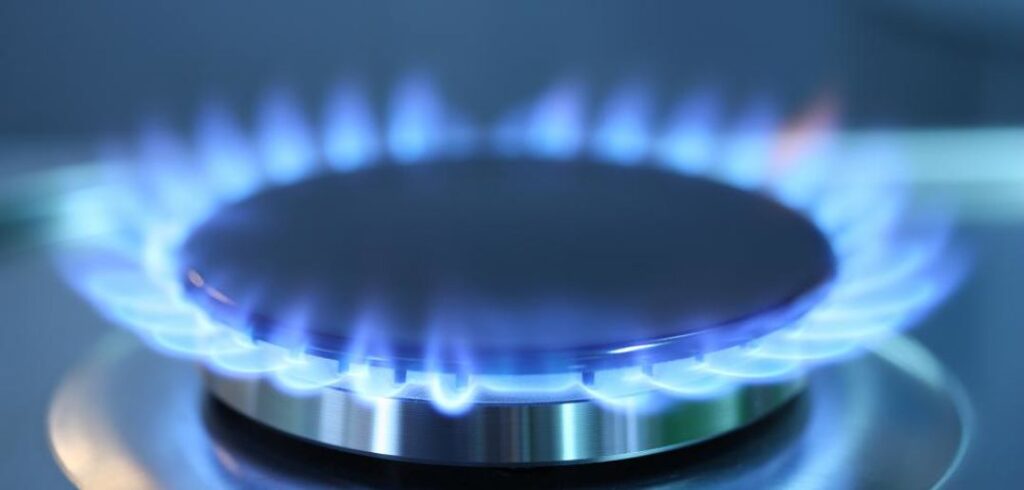By Jenifer Gilla, Habitat Media
Dar es Salaam. Stakeholders in the clean cooking sector have highlighted several key barriers that continue to hinder the adoption of clean cooking technologies in Tanzania. These include limited public awareness, widespread misconceptions, and the prevalence of poor-quality cooking appliances in the market.
The concerns were raised yesterday in Dar es Salaam during the Clean Cooking Energy Forum organized by Bongo FM Radio.
Charles Barnaba, In-country Representative for the Modern Energy Cooking Services (MECS) project, said many Tanzanians still lack adequate knowledge about the benefits of clean cooking solutions.
This knowledge gap, he explained, has fueled the misconception that alternative energy cookstoves especially electric ones are only affordable to high-income households due to perceived high operating costs.
“This perception is not accurate. We now have energy-efficient electric stoves that use low voltage and are affordable for people across different income levels,” he clarified.
Barnaba also raised concerns about the poor quality of many electric stoves in the market, noting that they are often substandard, lack durability, and quickly break down. He attributed this to weak certification systems at the Tanzania Bureau of Standards (TBS), which has allowed unsafe products to circulate.

The lack of skilled technicians to repair faulty appliances further discourages users from adopting clean energy solutions, Barnaba added. To address this, his organization not only sells quality electric stoves but also connects customers with trained technicians for after-sale support. He stressed the need for continuous public education and community sensitization.
Emmanuel Muro, Project Manager and Senior Finance Specialist at the United Nations Capital Development Fund (UNCDF), said his organization is financing businesses that provide clean energy products and services to rural communities.
“Our goal is to ensure that people in rural communities have access to affordable clean energy products,” he said.
On behalf of the government, Emmanuel Luoga, Commissioner for Electricity and Renewable Energy at the Ministry of Energy, said the ministry has already launched a nationwide campaign to distribute, promote, and raise awareness on clean cooking technologies.
“Even if these technologies are provided free of charge, people will not appreciate or use them unless they understand their value,” Luoga emphasized.
He said the campaign has already engaged informal food vendors baba lishe and mama lishe in Dar es Salaam’s Ferry Market, and will soon move to livestock markets (minada) across the country.

Psychologist Deo Sikambi underscored the importance of behavioral change in advancing adoption. He recommended that campaigns emphasize immediate personal benefits such as improved health, smoke-free homes, and elimination of unpleasant odors.
He also urged linking messages to spiritual and moral values, highlighting that clean energy use conserves the environment for future generations, in line with divine principles.
Sikambi further noted the economic benefits, pointing out that households could save significantly by reducing reliance on charcoal and firewood. He dismissed the popular belief that food especially rice tastes better when cooked over charcoal.
Rose Reuben, Executive Director of the Tanzania Media Women’s Association (TAMWA), added a gender dimension to the discussion.
She said that adopting clean cooking solutions would help address gender-based violence risks faced by women who fetch firewood in remote areas. It would also protect women’s health, as they are often most exposed to smoke and toxic fumes from traditional cooking practices.
Opening the forum, Acting Director General of the Tanzania Broadcasting Corporation (TBC), Daphoza Kimbory, praised Bongo FM for its commitment to community engagement, including initiatives that promote clean cooking energy.
She expressed optimism that the forum’s deliberations would provide valuable insights and make a lasting impact on communities across the country.


